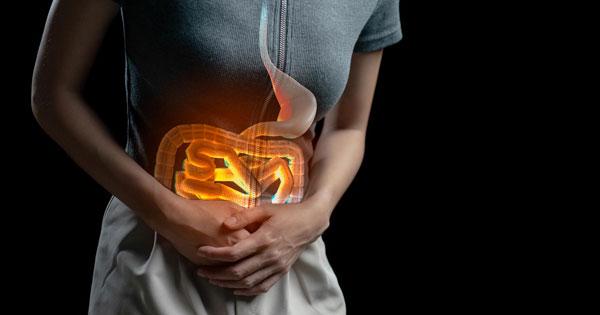Diarrhea is a common gastrointestinal woe that almost everyone experiences at some point in their lives. In this article, we will delve into the various types of diarrhea, exploring their distinct characteristics and underlying causes. Dr. Vincent Ho, a gastroenterologist, and senior university lecturer, provides insights into this often bothersome condition in his informative transcript.

Types of Diarrhea
Fatty Diarrhea: When Fat Goes Astray
Fatty diarrhea, also known as steatorrhea, is characterized by certain telltale signs. Dr. Ho highlights that this type of diarrhea is often associated with weight loss, greasy stools that are challenging to flush, and even the presence of oil in the toilet bowl. The transcript elucidates the connection between floating stools and gas production, dispelling a common misconception.
Inflammatory Diarrhea: Unveiling Inflammation’s Role
Inflammatory diarrhea is marked by frequent, small-volume, bloody stools and is often accompanied by tenesmus, a sensation of difficulty in emptying the bowels. The transcript explains how this type of diarrhea can be linked to conditions like inflammatory bowel disease, ischemic colitis, and infectious processes such as clostridium difficile colitis.
Watery Diarrhea: Diving into Fluid Dynamics
Watery diarrhea, as the name suggests, involves exceptionally liquid stools. The transcript categorizes this type into subtypes: osmotic and secretory. It unravels the reasons behind osmotic diarrhea, such as poorly absorbed substances and ion excesses like magnesium. Additionally, it details the prevalence of carbohydrate intolerance, particularly lactose intolerance, as a common cause of watery diarrhea.
Secretory Diarrhea: The Overflowing Flood
Secretory diarrhea is discussed as a condition where the secretion of water into the small intestine exceeds its absorption. The transcript outlines various causes, including infections, bile acid malabsorption, medication side effects, and even rare tumors that produce diarrhea-inducing hormones. It emphasizes that this type of diarrhea persists even when fasting.
Functional Diarrhea: A Glimpse into Irritable Bowel Syndrome
The article touches on functional diarrhea, specifically irritable bowel syndrome diarrhea (IBSD). It clarifies the characteristics of IBSD, involving crampy abdominal pain, diarrhea following meals, and the presence of mucus in stools. The transcript acknowledges the potential overlap between different types of diarrhea and highlights medications as common diarrhea triggers.
Conclusion
Dr. Vincent Ho’s provides a comprehensive understanding of the diverse types of diarrhea and their respective causes. Whether you’re dealing with fatty, inflammatory, watery, secretory, or functional diarrhea, this article equips you with the knowledge to identify, manage, and seek appropriate treatment for your specific condition.
In conclusion, understanding the types of diarrhea and their causes is essential for anyone experiencing gastrointestinal discomfort. This knowledge empowers individuals to make informed decisions about their health and well-being.
